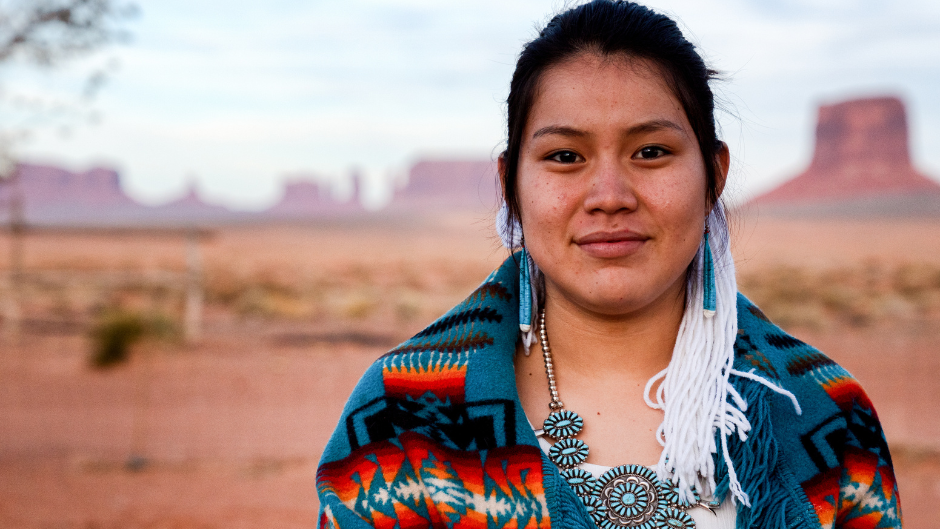Instruction in Native American Studies is interdisciplinary and comparative in scope. The main goals of this program are to introduce all students to the unique historical experience of America’s indigenous peoples, to promote understanding of their contributions to world civilization, and to provide insight into their recent social and political developments.
This program offers essential courses for students who wish to continue in Native American Studies on transfer to four-year institutions and provides basic information for those whose careers will bring them in contact with Native people.
Career Opportunities
A degree in Ethnic Studies with an emphasis on Native American Studies can open up various career options that allow individuals to work closely with Native communities, promote cultural understanding, and contribute to the betterment of Native American lives. Here are some potential career paths:
- Tribal Liaison/Advocate:
- Work as a liaison between Native communities and government agencies, advocating for the rights and needs of the community.
- Cultural Resource Manager:
- Manage and preserve cultural resources such as artifacts, historical sites, and traditional knowledge.
- Educator/Professor:
- Teach Native American Studies at the high school or college level to educate others about the history, culture, and contemporary issues of Native peoples.
- Museum Curator/Archivist:
- Curate exhibits, manage collections, and preserve artifacts in museums or cultural institutions.
- Community Organizer:
- Work with Native communities to organize events, programs, and initiatives that promote cultural awareness, education, and community development.
- Social Worker:
- Focus on providing social services to Native American individuals and families, addressing issues such as mental health, substance abuse, and family dynamics.
- Policy Analyst/Advocate:
- Work on policy development and advocacy to address issues affecting Native American communities at local, state, and national levels.
- Healthcare Professional:
- Specialize in healthcare with a focus on Native American populations, addressing the unique health challenges and disparities they may face.
- Legal Advocate:
- Work in the legal field, specializing in issues related to Native American law, sovereignty, and treaty rights.
- Journalist/Writer:
- Report on issues affecting Native American communities, write books, or contribute articles to raise awareness and promote understanding.
- Environmental Scientist/Conservationist:
- Focus on preserving natural resources and addressing environmental concerns that impact Native lands and communities.
- Language Revitalization Specialist:
- Work on preserving and revitalizing Native languages, which are often endangered, by developing language education programs and resources.
- Entrepreneur:
- Start businesses that support and promote Native American arts, crafts, and products, contributing to economic development within Native communities.
- Researcher:
- Conduct research on various aspects of Native American history, culture, and contemporary issues, contributing to academic knowledge and community development.
It's important to note that many careers may benefit from a combination of Native American Studies courses and additional training or degrees in related fields. Additionally, gaining experience through internships, community engagement, or research projects can enhance your qualifications in pursuing these career paths.






